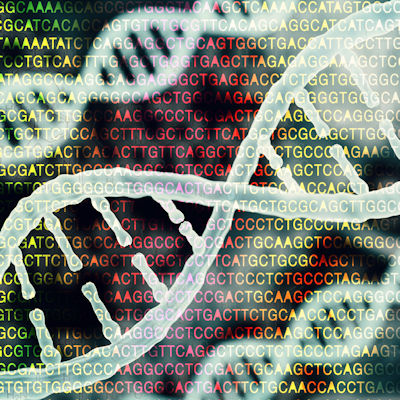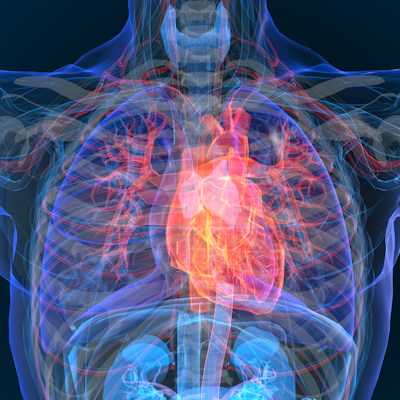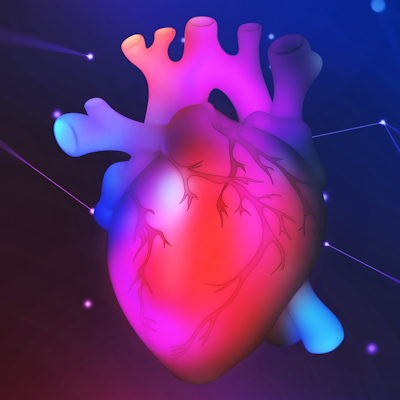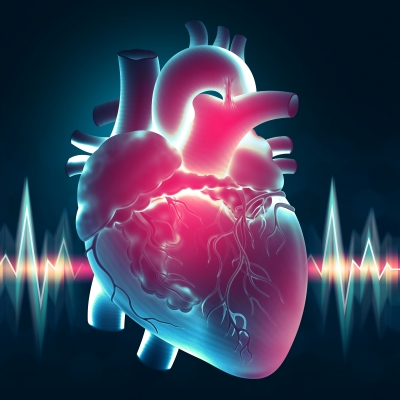March 29, 2023 -- Machine learning-enabled analysis of medical images identified cardiac sphericity, or roundness of the heart, as a potential early marker of cardiovascular disease. The National Institutes of Health (NIH)-supported research, published Wednesday in the journal Med, indicates that heart shape may be a useful addition to the cardiologist's diagnostic toolkit.
Physicians currently use important established measurements, including heart chamber size and systolic function, to diagnose and monitor cardiomyopathy and other heart conditions. However, the researchers sought to discover whether using deep-learning techniques to observe medical images at scale might provide new ways of evaluating the heart.
This proof-of-concept study used big data and machine learning to investigate whether anatomical changes in the heart could improve cardiovascular risk and pathophysiology assessment. Prior research suggesting that sphericity was associated with heart problems focused primarily on sphericity following heart disease onset. The researchers hypothesized that sphericity might increase even before clinical heart disease onset.
Utilizing the UK Biobank, which includes genetic and clinical information on 500,000 people, the team gathered data from a subset of about 38,000 UK Biobank participants with normal MRI images of their hearts. Subsequent medical records indicated which of these participants later developed diseases including cardiomyopathy, atrial fibrillation, or heart failure, and which did not.
The researchers then used deep-learning techniques to automate sphericity measurements and found that increased cardiac sphericity appeared to be linked to future heart troubles. They also found overlap between the genetic drivers for cardiac sphericity and those for cardiomyopathy. Using Mendelian randomization, they inferred that intrinsic heart muscle disease -- defects not caused by heart attacks -- caused cardiac sphericity.
The researchers emphasize that more research and data confirmation is needed before these findings can be translated to clinical practice. Additionally, since ultrasound is more commonly used than MRI for heart imaging, they note the need to replicate their findings using ultrasound images. If the link between heart roundness and underlying heart dysfunction is confirmed, a threshold would need to be established to indicate what degree of sphericity might indicate the need for clinical interventions. Data from this work is being made available to other investigators to begin answering these questions.
"They say a picture is worth a thousand words, and we show that this is very true for medical imaging," David Ouyang, co-corresponding author and a Smidt Heart Institute of Cedars-Sinai cardiologist, said in a statement. "These findings might allow physicians to gain greater clinical intuition on how patients are likely to do at a very rapid glance. In the broader picture, this research suggests there are probably many useful measurements that clinicians still don't understand or haven't discovered. We hope to identify other ways to use imaging to help us predict what will happen next. And, just as we've previously known that a bigger heart isn't always better, we're learning that a rounder heart is also not better."
Copyright © 2023 scienceboard.net
Last Updated mp 3/29/2023 1:00:13 PM






